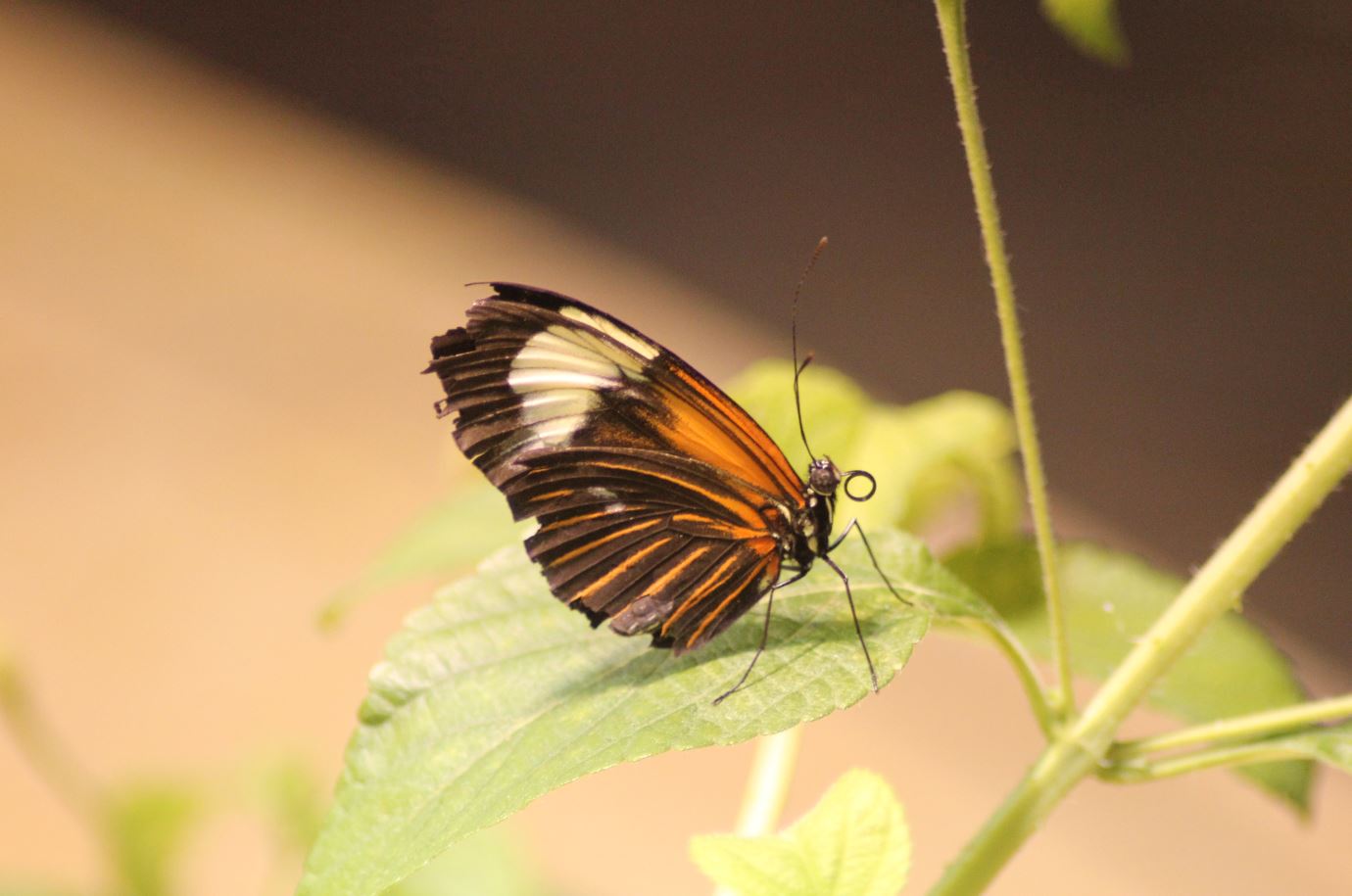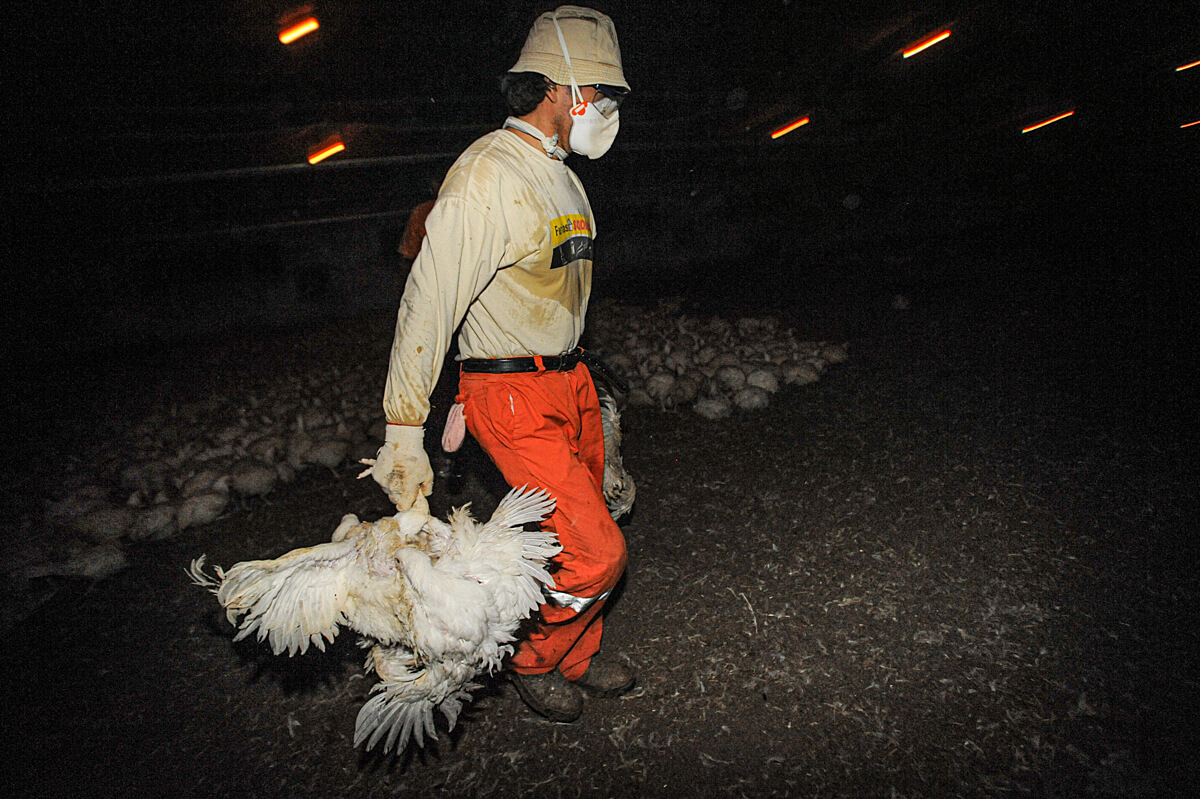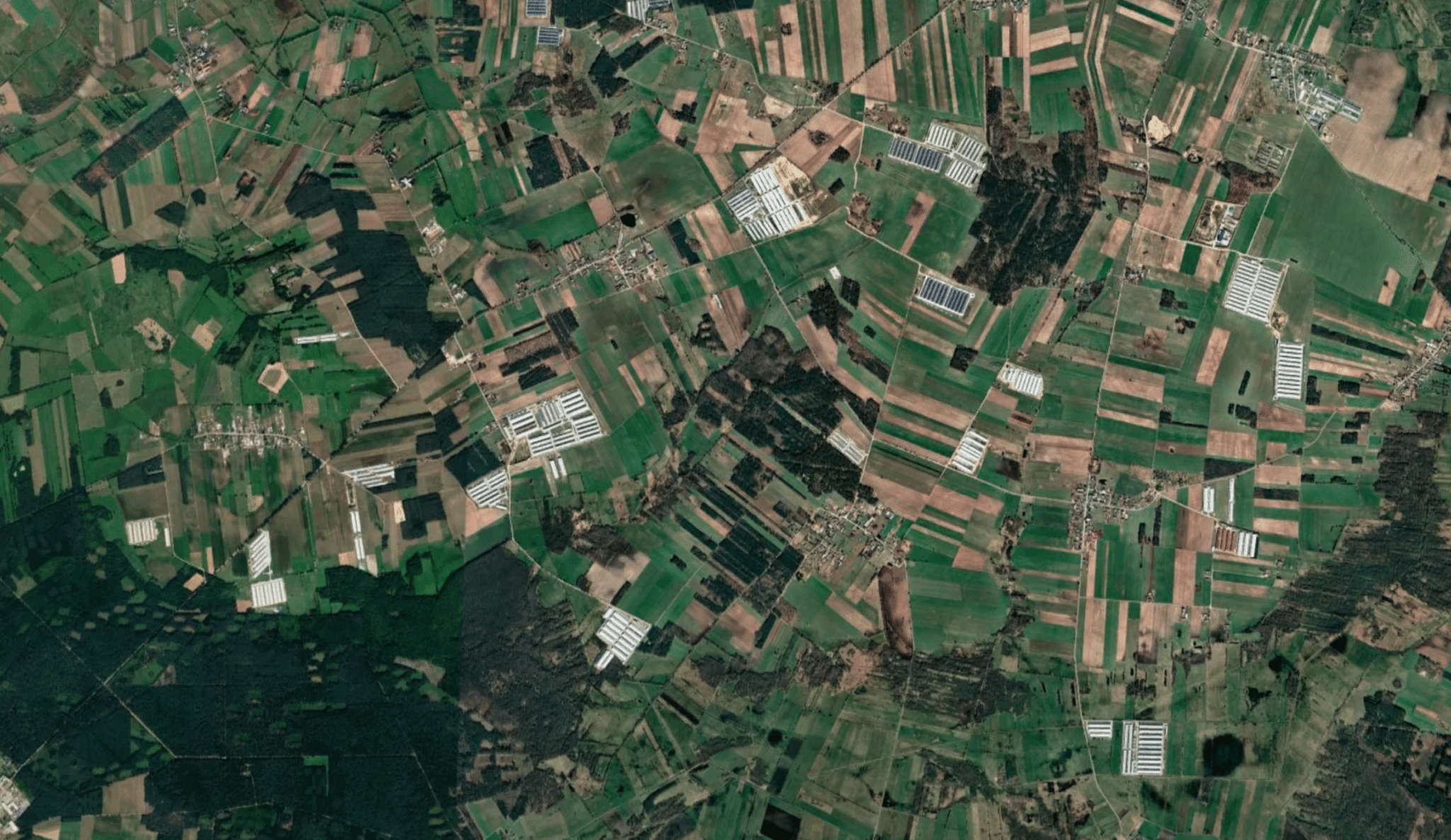Intensive agriculture is driving a catastrophic extinction of almost half of all insect species across the globe, a ground-breaking new study has found.
The report, published in the Biological Conservation journal, reviewed 73 historical reports of insect declines from across the globe, and systematically assessed the causes.
It found that over 40 per cent of global insect species have declined over the past decade, with butterflies, moths and dung beetles among the worst affected, as well as bees, mayflies and dragonflies. Over 20 per cent of vertebrate species have declined during the same period due to losing a large proportion of their primary food source.

The biggest factor causing insect declines was intensive agriculture, the study found, through both the systematic use of artificial pesticides and fertilisers, as well as land conversion.
Other factors included the rise in temperatures caused by climate change, urbanisation and invasive species.
There are also a small number of adaptable species that are increasing, the study found, although these tend to be generalist species that have become resistant to pesticides, rather than specialists that occupy a particular ecological niche.
“Our work reveals dramatic rates of decline that may lead to the extinction of 40 per cent of the world’s insect species over the next few decades,” the authors wrote.
“If insect species losses cannot be halted, this will have catastrophic consequences for both the planet’s ecosystems and for the survival of mankind,” report co-author Francisco Sánchez-Bayo, of University of Sydney, told the Guardian.
The report called for a “rethinking of current agricultural practices”, in particular a serious reduction in pesticide usage. More sustainable, ecologically-based food production is “urgently needed” to slow or reverse current trends, allow the recovery of declining insect populations and safeguard the vital ecosystem services they provide, the report said.













I saw a fly in our flat some days ago and got really exited, calling my boy to come to see it too….. ok it’s winter and there will be more around again in summer – but no comparison to when I was a kid myself, lots of humming and buzzing… it really got silent out there
Just wondering the impact too of all the vehicles we madly drive up and down our 4 lane highways??!!! Not just the farmers and their pesticides we are ALL contributing to the demise of insects! When I was 9 – now 60 – every few miles my mother had to stop the car so my father could wipe the splattered insects off the windscreen; alas no more.